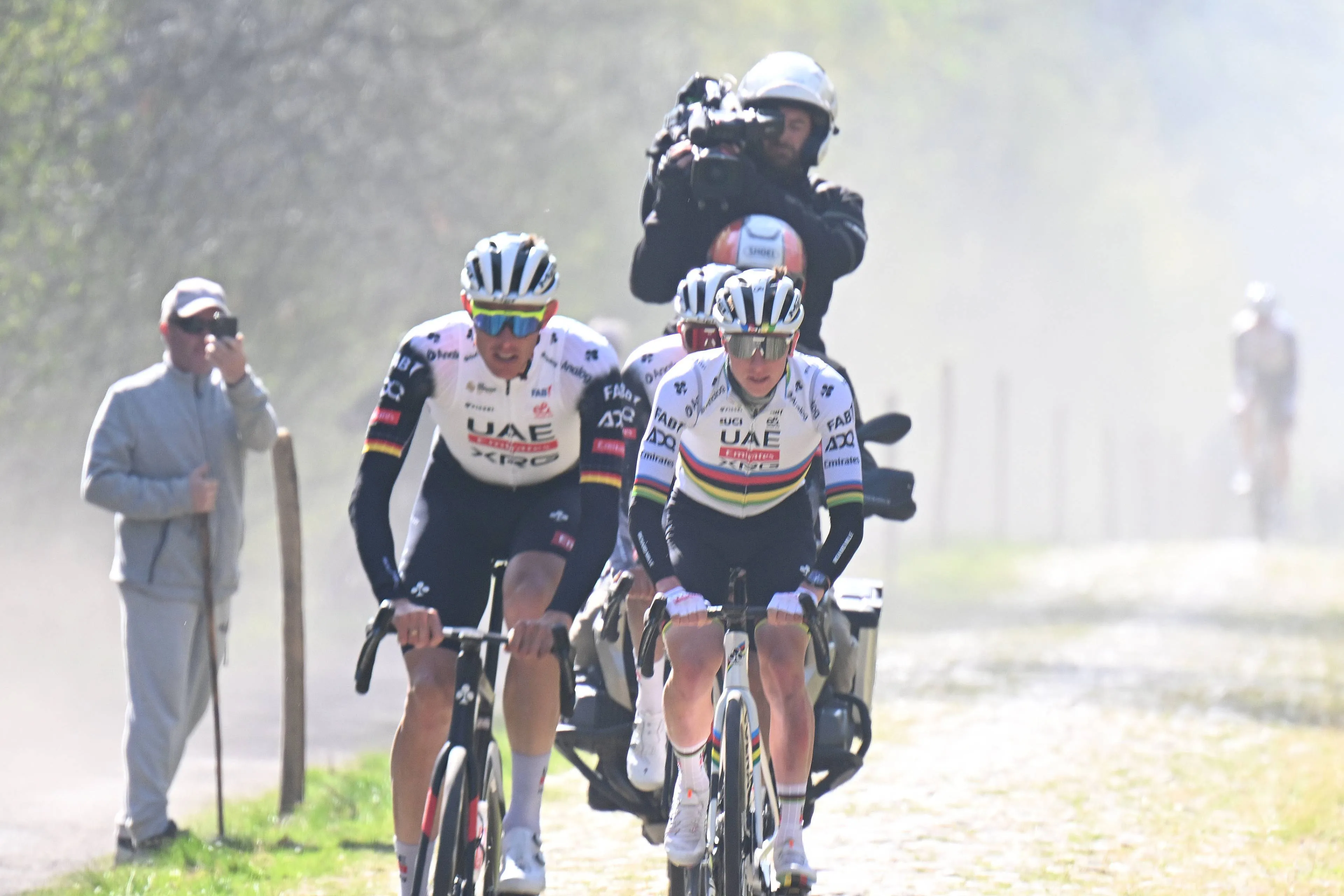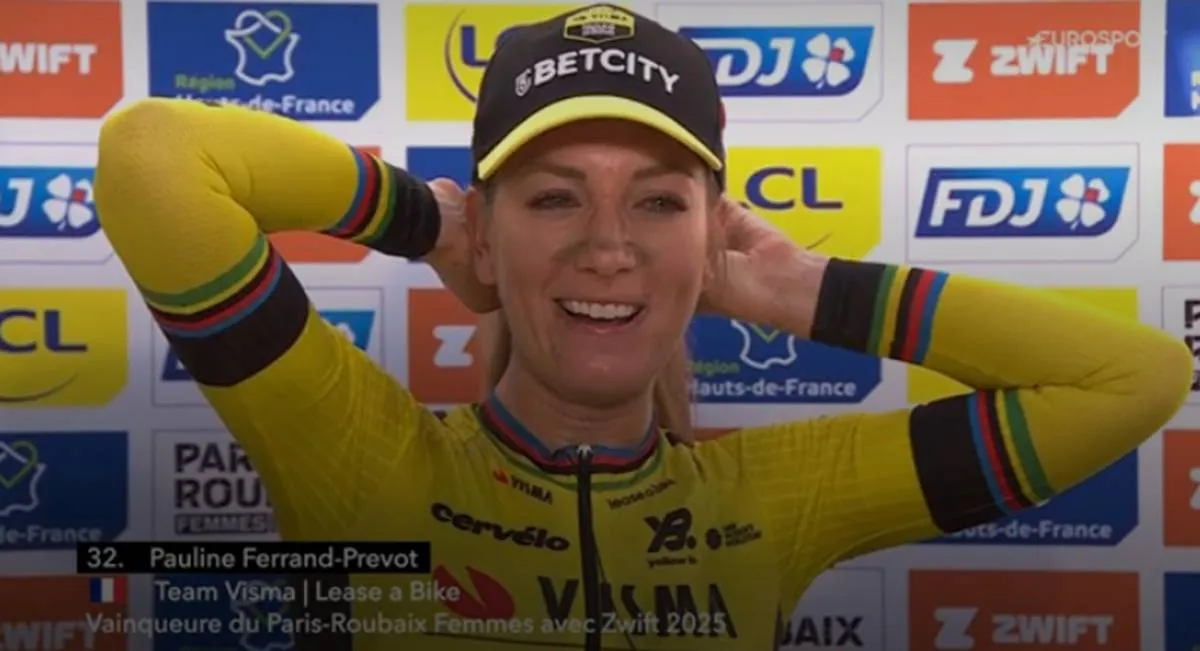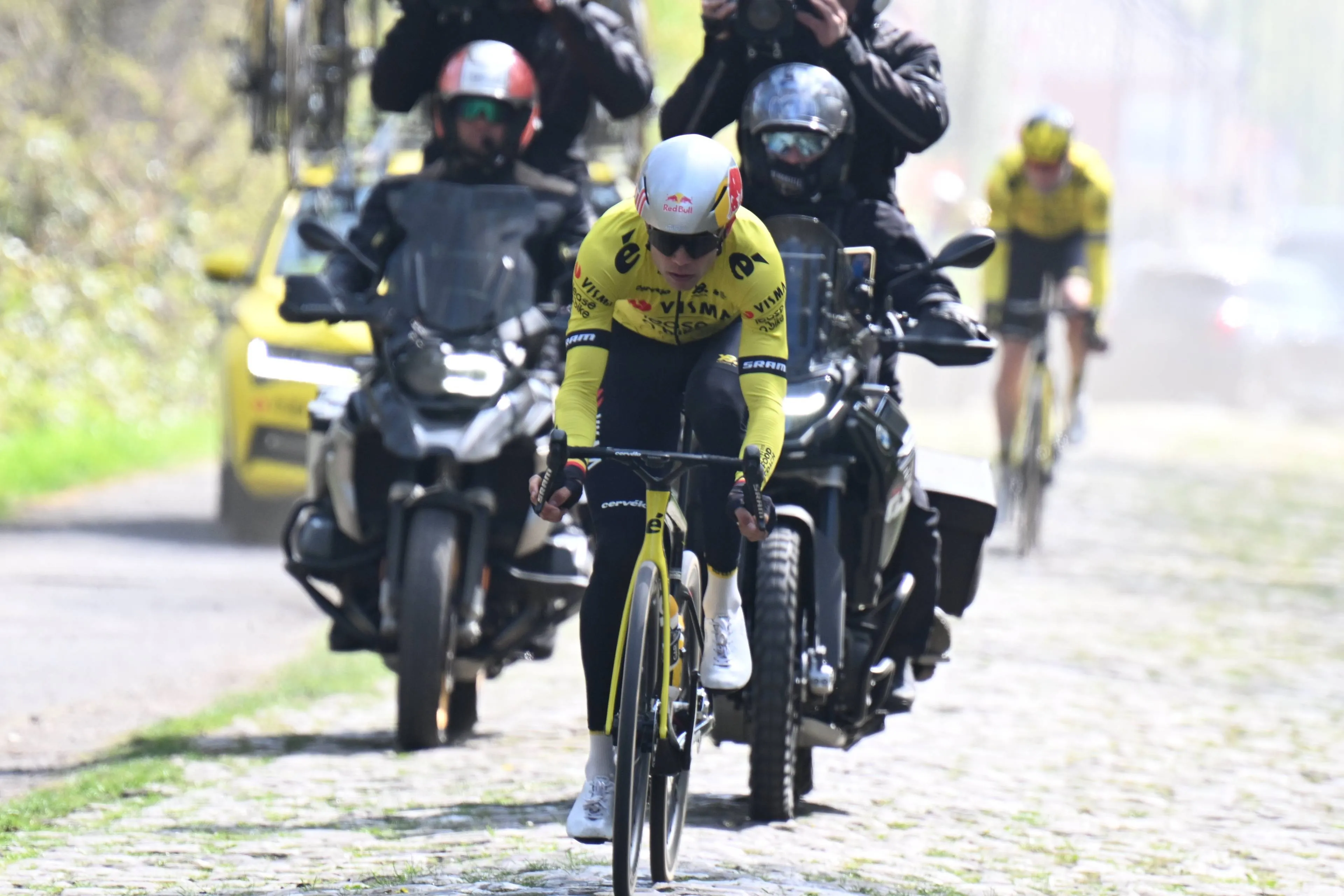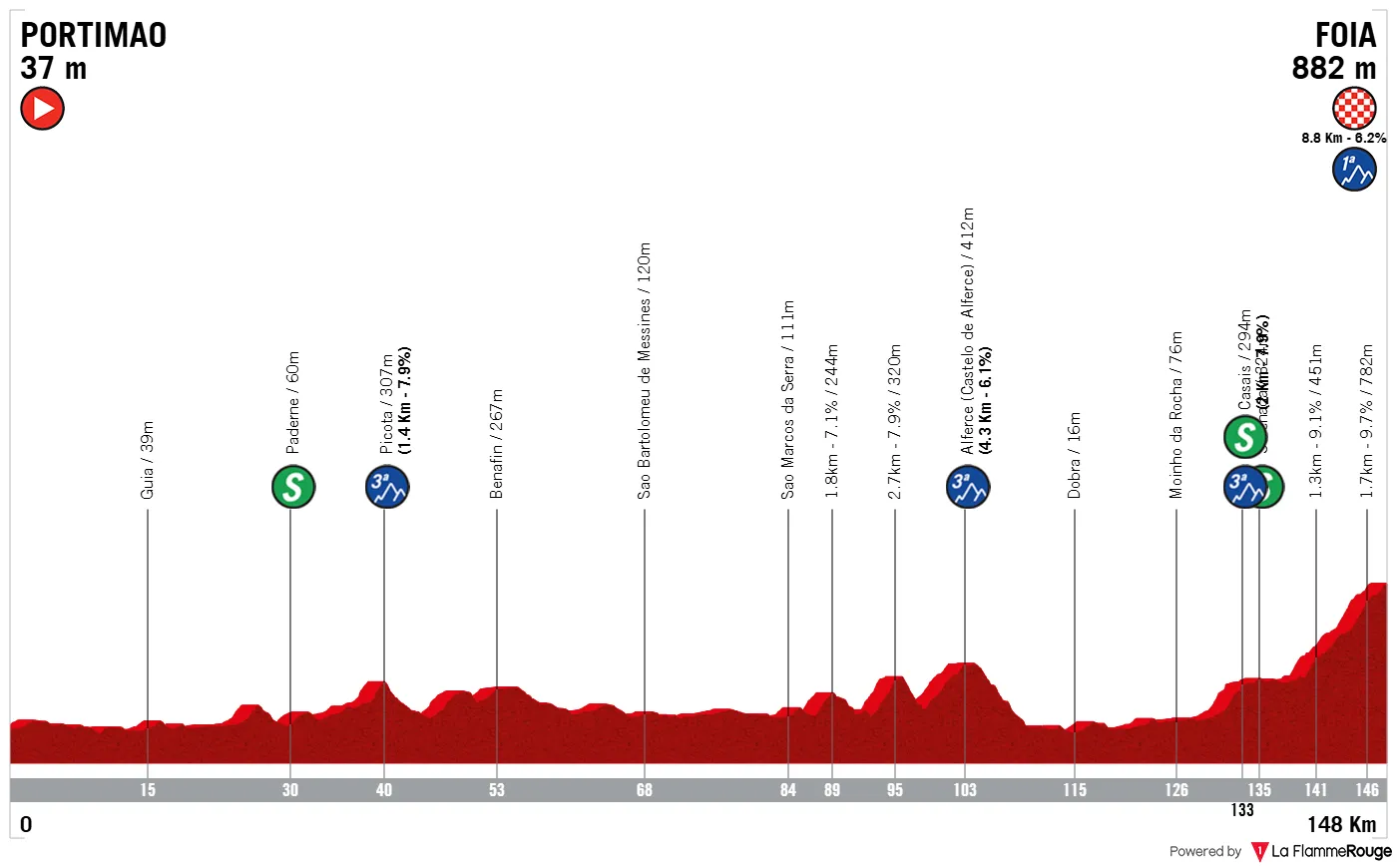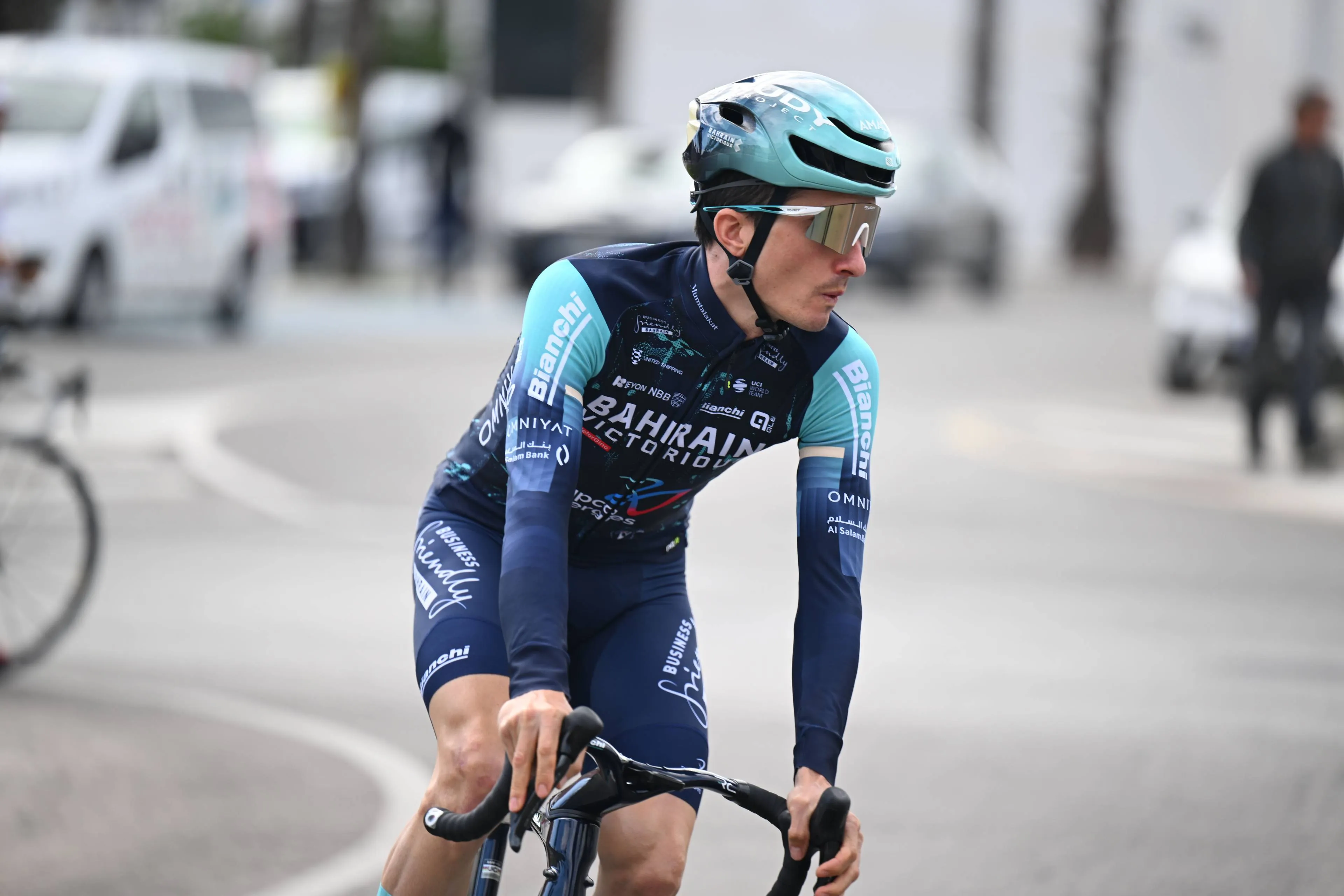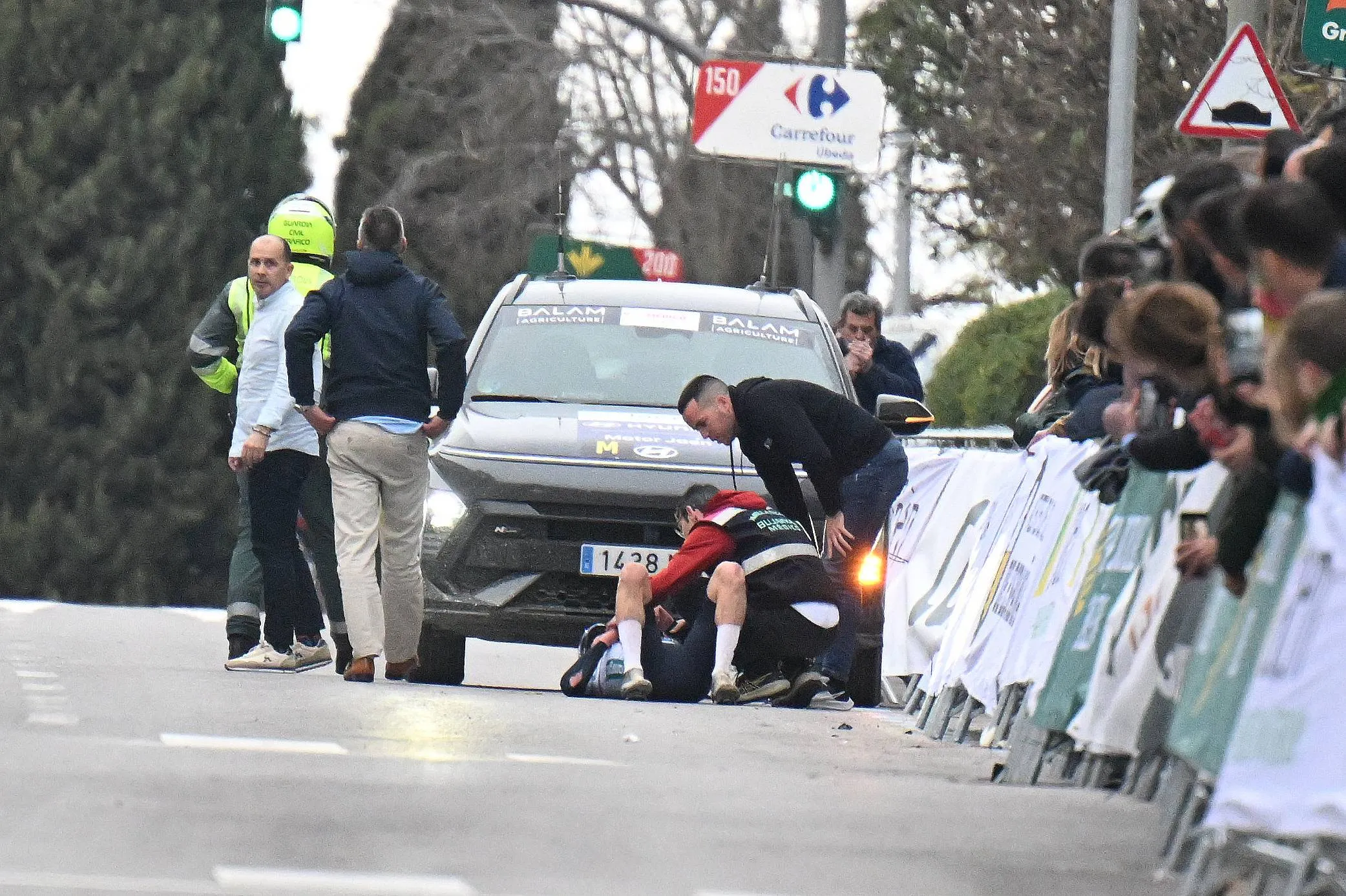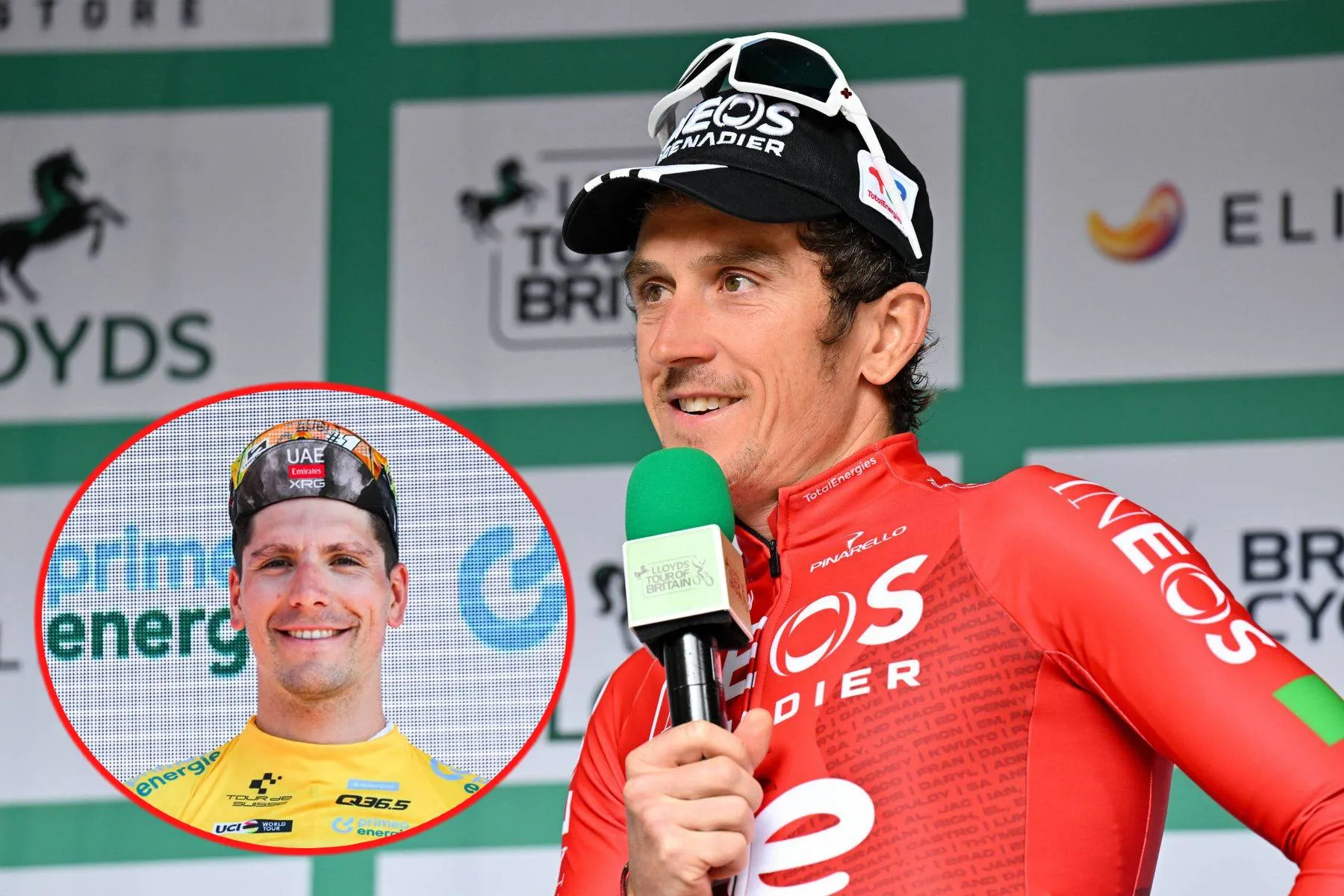Mixed reviews on Team Visma | Lease a Bike’s tech advantage ahead of Paris-Roubaix: "Of course, you can also eliminate the competition this way”
CyclingSunday, 13 April 2025 at 07:00
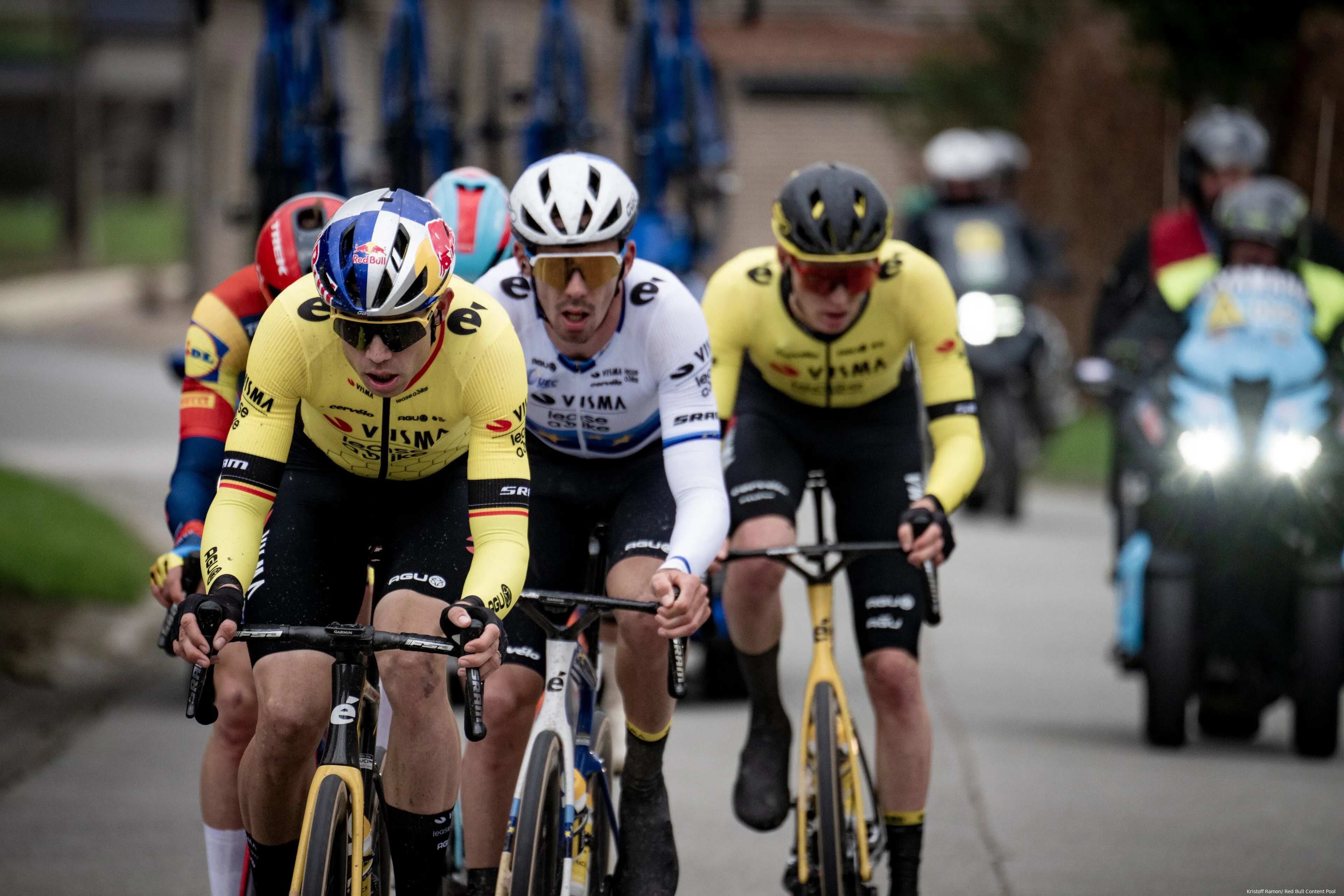
When it comes to marginal gains, few teams embrace
innovation as relentlessly as Team Visma | Lease a Bike. For a race as brutal
and unpredictable as Paris-Roubaix, the Dutch squad are once again turning to
cutting-edge technology in the pursuit of performance, this time, with tyre
pressure.
At the heart of their strategy is the GRAVAA system, a
device that allows riders to adjust tyre pressure during the race. On terrain
as unforgiving as the cobbles of northern France, the ability to adapt in real
time could be a crucial advantage.
Read also
Former classics star Sep Vanmarcke was given the chance to
test the GRAVAA system for Het Nieuwsblad and shared his thoughts on its
potential impact, and the trade-offs.
"What if you get a flat tire and have to change
wheels?" is his first thought.
"Of course, you can also eliminate the competition this way: whop, zero
bar! Flat tire."
Vanmarcke was impressed by how swiftly the system could
reduce pressure.
Read also
"It's impressive how quickly we get to the lower tire
pressure," the former classics specialist remarks. He says the tire
pressure is low but a little too low. "Very comfortable on the
cobblestones, but you do increase the chance of getting a flat tire."
He believes that the technology could give Team Visma |
Lease a Bike a tactical edge, particularly on the cobbled sections where
comfort and control are everything.
"The fact that you can lower the tire pressure for the
cobblestones with the simple push of a button and that it happens so fast
undeniably gives you an advantage in the race. Other riders will have to find a
balance between comfortably riding the cobblestones and not suffering too much
disadvantage on the asphalt due to their low tire pressure."
Read also
This flexibility could be a game-changer for Wout van Aert,
allowing him to fine-tune pressure based on the terrain.
"Van Aert can choose the ideal tire pressure for the
cobblestones and the ideal tire pressure for the asphalt. Just imagine that he
has to sprint against Mathieu van der Poel on the track: Van Aert will be able
to do that with the ideal tire pressure, while Van der Poel will have to sprint
with flatter tires."
However, the system isn’t perfect. Adjusting the pressure
upwards takes time, and that could prove a tactical vulnerability.
Read also
"It still takes quite a long time to add those two
bars," Vanmarcke notes. Ultimately, the tire takes well over a minute to
reach the right pressure. "If I were a competitor, I would attack Van Aert
just after the cobblestone section because his tires would be even flatter than
yours. But the fact that Van Aert then rides with slightly less tire pressure
for a moment does not mean he will be unable to follow that attack."
claps 1visitors 1
Just in
Popular news
Latest comments
- Bahraini suspicious..Santiago19-02-2026
- The problem is, a British 'boss' opening the gates, when the native workers not wanting them!
 leedorney19-02-2026
leedorney19-02-2026 - Who is overrating him on climbs? Everyone knows since ages it’s his weakness and needed years of work. Question us if he can do enough about it. For sure he won’t be able to improve his TT enough to compensate.Mistermaumau19-02-2026
- What do you call only seeing someone’s positives?Mistermaumau19-02-2026
- Remco banging his leg, just like he banged his saddle when pog dropped him. He ain't fooling anyone with those antics. I'm not a hater, but he's a bit overrated on serious climbs.Santiago19-02-2026
- Obviously isn’t learning from the Epstein fallout. The more you unravel the past the more undiscovered mess appears.Mistermaumau19-02-2026
- I like Tadej a lot (a lot, a lot) but you're a little exxagerated... Allow me to give you some advice: Never become a fanatic for something or someone (neither pro nor against, haters are against-fanatics). And never idolize human beings.
 maria2024202419-02-2026
maria2024202419-02-2026 - What about them? What did they get away with in the end?Mistermaumau19-02-2026
- If I were Johan Bruyneel, I would be careful what I wish for... There is a high likelihood that revealing your side of the story will actually make things WORSE for you! Also, I suspect Lance will make himself look like the victim and throw you and everyone else under the bus!Pogboom19-02-2026
- As per a great many on the world stage...you must be beside yourself amongst them all!
 leedorney19-02-2026
leedorney19-02-2026
Loading
Write a comment
